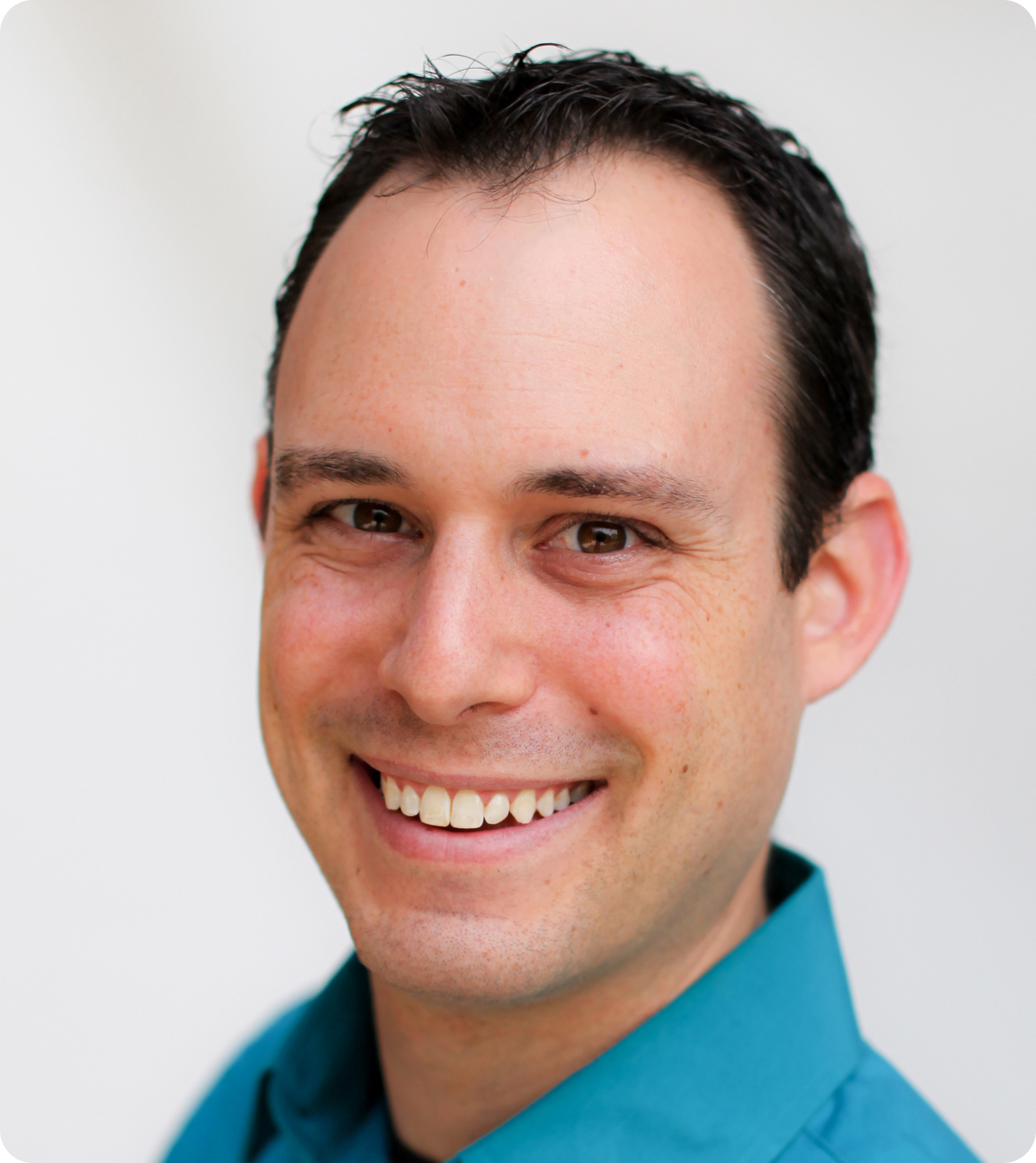 An open letter to the 22 high school seniors of Congregation Beth Israel’s (San Diego, CA) delegation to AIPAC.
An open letter to the 22 high school seniors of Congregation Beth Israel’s (San Diego, CA) delegation to AIPAC.
My students,
I also want to validate that some of you are leaving this conference feeling more confused about your Israel identity. I acknowledge your curiosity as you learned about how foreign policy can sometimes make strange bedfellows. I hear you that Israel identities are complex and can be complicated. I’m not going to tell you what your Israel identity should be. Instead, I want to implore you to continue to listen, even when you disagree, and be open to having your mind widened and changed.
Don’t get discouraged by your confusion. Get to learning. Let me explain why.
A few years ago, my wife Sarah published a paper with her colleagues about what happens in the brain when people with strongly held political beliefs are presented with challenges to those beliefs. If there was an issue that someone believed strongly, and they felt that issue was a core part of their identity, they were unwilling to change their minds. Further, when people were presented with facts that showed new information in an attempt to change their previously held beliefs, subjects back-fired and believed the new information to be false, even if it was factually true. In other words, they dug their heels in and said, “My beliefs are my beliefs and anything else is just wrong. Not just something I disagree with, just wrong.” I’m happy to send you the paper, or you can read the episode of the web comic The Oatmeal, which did a fine job of telling the story.
I hope Israel is a core part of your identity, but, I never want you to stop learning, exploring, and growing. Whereas 20th century Israel narratives were about the preservation of Jewish life, 21st century Israel narratives are about accepting the diversity in our narratives and finding places of mutuality and common ground, as you saw many times throughout this policy conference.
Accepting the existence of nuance in your understanding of the people, culture, land, and state of Israel will add vibrancy to your relationship with Israel. But you have to be open to that nuance, to those areas of grey between the black and white, and, yes, leaning into that confusion. I can tell you from my own experience, that exploration will pay dividends to your soul.
On Monday night, you heard Rep. Chuck Schumer make the observation that your generation forms it’s Israel narratives differently from your parents and earlier generations. In many ways he’s right: in your lifetime, Israel has never been faced with a war that threatened its existence, you didn’t have your heart torn in two when Rabin was assassinated, and you also have not yet been witness to a peace deal with Israel’s neighbors (though, God willing, a peace with Palestinians will come soon). All of those happened before you formed your narrative and it was naive of us to think that just telling you those stories on their own would compel you to feel the same way we do about Israel.
I hope that there were moments this weekend that also inspired you as much as each of you inspired me. Yes, we need to do better and we will try. But we can only do that if you’re a part of the conversation. Don’t let complexity turn you away. Stay involved. Stay thirsty for learning.
I believe in you.
Sincerely,
RJG
